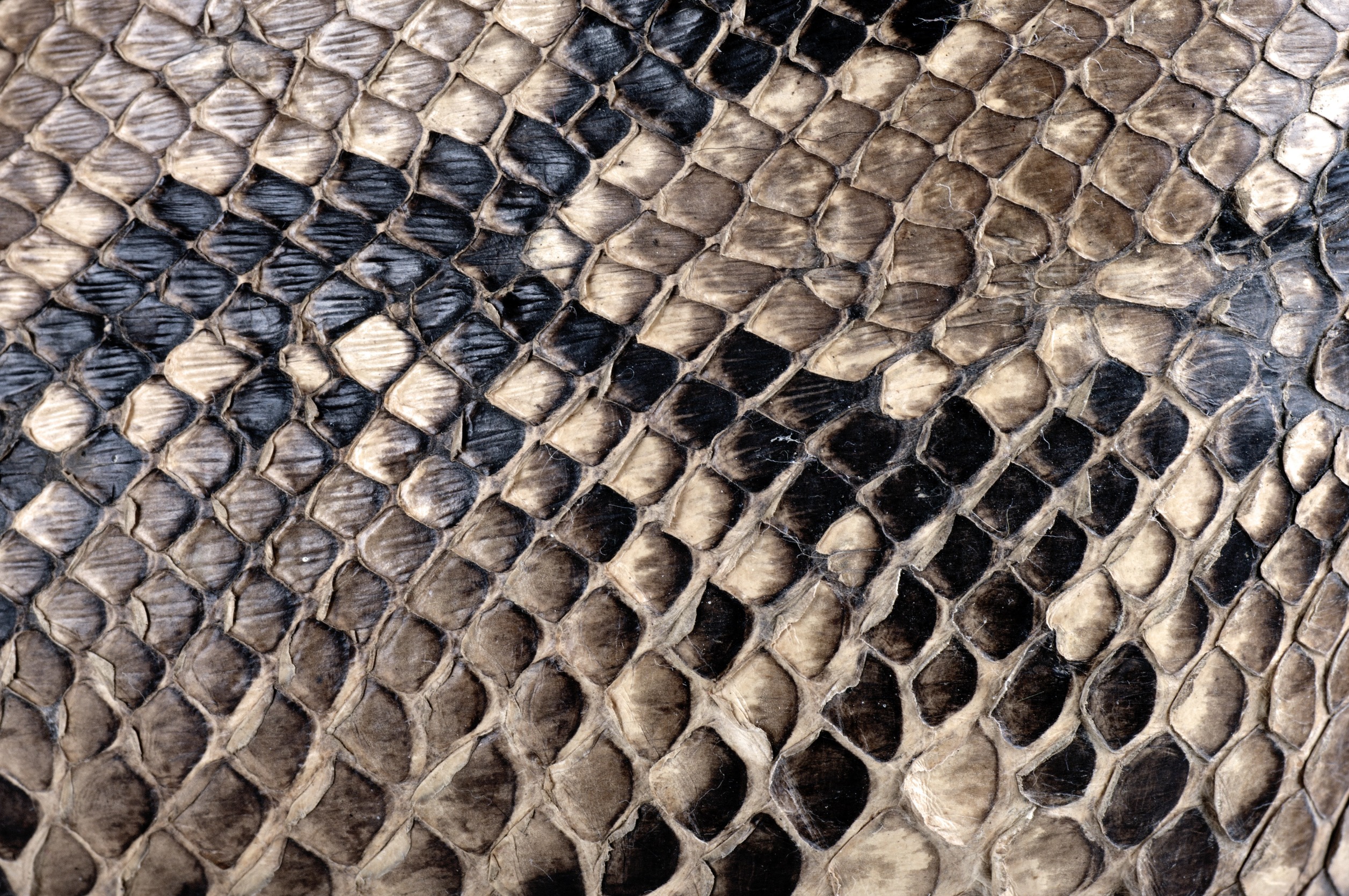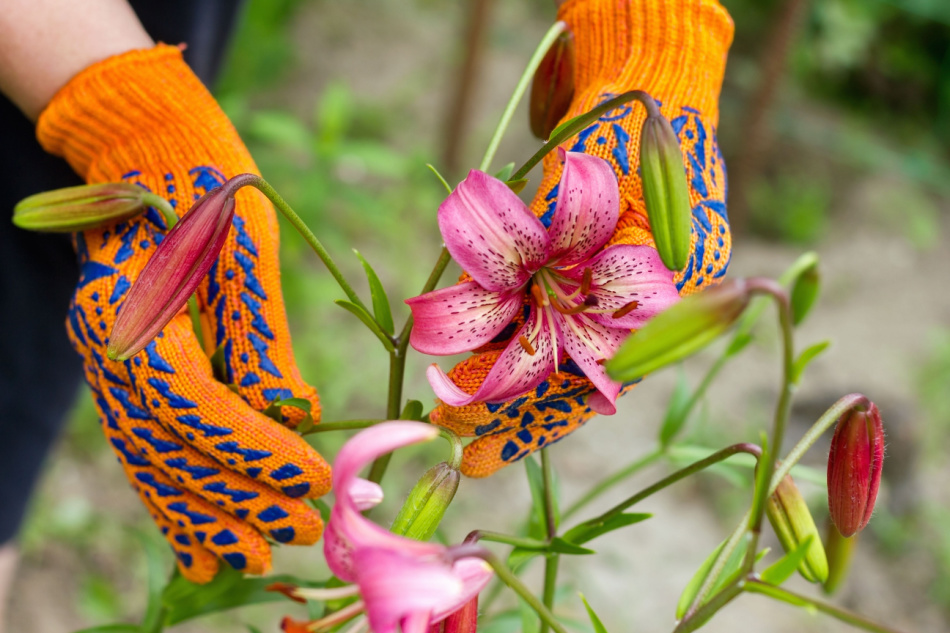BY THE OPTIMIST DAILY EDITORIAL TEAM
London Fashion Week established itself as a leader among the “big four” fashion weeks by becoming the first to prohibit the use of exotic animal skins. Beginning in 2025, designers exhibiting their collections on London’s runways will be required to exclude materials such as crocodile, alligator, and snakeskin, signaling a significant change toward more ethical practices in high fashion.
David Leigh-Pemberton, Deputy Director for Policy and Engagement at the British Fashion Council, announced the news during a speech in Parliament. This decision builds on London’s 2018 vow to phase out fur which was accomplished in December 2023.
“Millions of animals continue to suffer and die for fashion,” stated Dr. Charlotte Regan, wildlife campaign manager for World Animal Protection UK. “This ban sends an important message throughout the global fashion industry that exploiting animals for their skins is both unethical and unnecessary.”
A fashion first
Among the global heavyweights—New York, Milan, Paris, and London—Britain’s capital has continually pushed the envelope in terms of sustainability and animal welfare. By forbidding exotic skins, London builds on its tradition of pioneering humane fashion policies.
“London’s leadership on this issue reflects a changing tide in the industry,” said Emma Håkansson, founding director of Collective Fashion Justice. She praised the move, calling it “important progress” in the fight for ethical fashion.
Smaller but more prominent events, including Melbourne and Copenhagen Fashion Weeks, have also adopted similar restrictions, demonstrating that size does not dictate impact when it comes to humane practices.
The ripple effect: global fashion senses the shift
While London sets the standard, other fashion capitals lag behind. Fur and exotic skins remain popular in Milan and Paris, highlighting a cultural and industrial gap. London’s commitment challenges these cities to reevaluate their practices.
Experts feel the shift will be easier for London Fashion Week, which is recognized for focusing on emerging designers. According to Business of Fashion, “leather goods powerhouses” like Milan and Paris are often more reliant on exotic skins, which may delay broader acceptance of such bans in these cities.
But the momentum is undeniable. As customer demand for transparency and sustainability grows, ethical standards in the fashion business are no longer a choice, but rather an expectation.
What’s next? The fight against feathers
With fur and exotic skins on the way out, activists are turning their attention to another material: feathers. Feather harvesting, which is frequently done while birds are still alive, is another unethical activity on animal welfare activists’ radars.
“With both fur and now wild animal skins banned from London Fashion Week, our attention turns to the use of wild bird feathers,” Regan declared. “We look forward to working with the British Fashion Council on the last step of their journey to being a completely wildlife-free event.”
Copenhagen Fashion Week has already announced intentions to prohibit feathers by 2025, increasing pressure on London to follow suit. Feathers, on the other hand, present particular issues because they are widely utilized and often mislabelled, as evidenced by the fact that companies such as Boohoo and Selfridges were caught promoting real feathers as artificial in 2023.
Designers, ethics, and innovation: a new era emerges
For many designers, these bans serve as a call to action for further innovation. The British Fashion Council shared that the ban is part of a wider project being taken on by the organization’s Institute of Positive Fashion, and further stated in a press release, “We know that many of our designers have strong ethics and are working towards more sustainable practices and accurate measurement. We are committed to providing our network with tools and resources to help them on this journey.”
Plant-based leather, lab-grown materials, and recycled textiles are all becoming increasingly popular alternatives in the fashion business. These developments promise not just to prevent harm, but also to inspire innovative designs that reflect customers’ rising preference for sustainability.
With the business at a tipping point, London’s move highlights a significant shift in values. By prioritizing compassion over tradition, the city is not only keeping up with a changing world; it is leading the charge.











